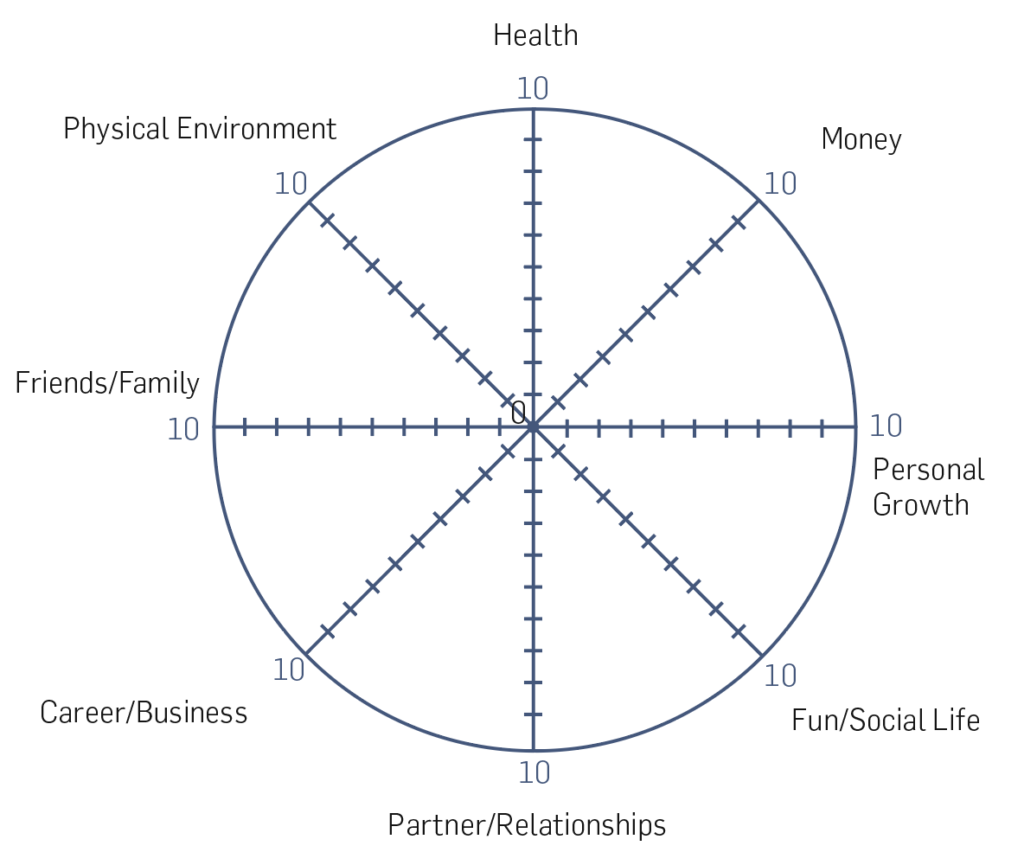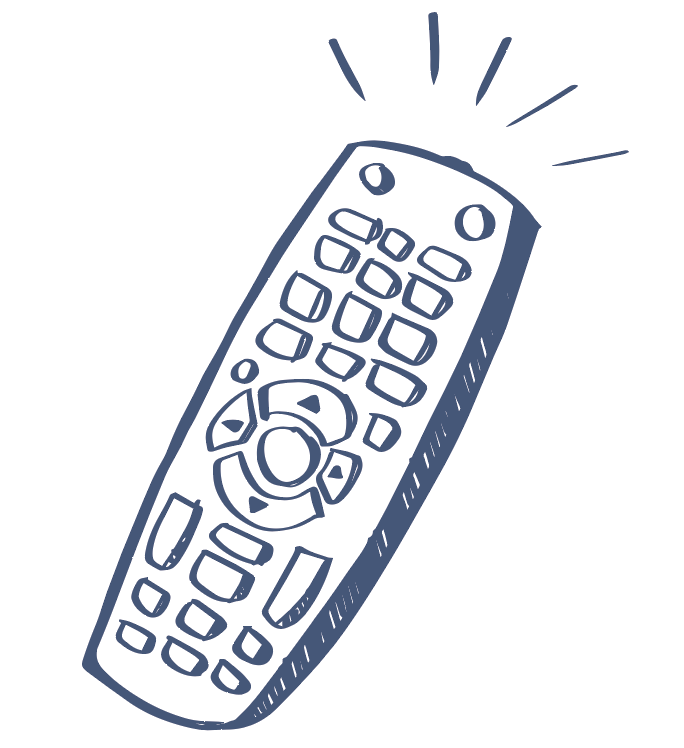You gotta nourish in order to flourish.
Early in my career, I trained under a psychotherapist called Ian. Ian introduced me to the life wheel that I’ve used with hundreds of senior execs since.
Life Balance

Under Ian’s guidance we worked as individuals to define:
Where am I (scored from 10)
and
What do I want more of in this area?
Then we had to work out how to reach our goals, without negatively impacting other areas of our life. The life balance wheel is just one tool. But at the time it had a big impact on me. I had been pursuing success at work. Personal growth. Success with money. But had been missing out on fun, friends, health, and was single. In essence, I was making trade-offs. We all do, from time to time. And in the short term, trade-offs can help us succeed by providing focus. Yet a creeping sense of dissatisfaction can come in when these trade-offs start to stack up for too long, or in too many areas.
Considering the holistic nature of the performance we are seeking is vital to our success. There are many factors that impact upon performance and it’s only when we consider all of these and establish how much attention to pay them that we will have the opportunity to really reach those performance heights. Considering ourselves as a whole rather than a single facet is vital. That includes the social dimension of life. We are a part of our community, our family, our marriage or partnership, our business partnership.
Looking after all aspects of our life and determining what takes precedent will ultimately help us perform better. Making sure that our family or friends are aligned with our life choices and can be cheerleaders and supporters rather than critics. And equally, making sure our own life choices are aligned with theirs too, so that everything in the system works. Holistic thinking is also to bring all our resources to bear when considering aspects of our life. To harness physical, emotional, mental, spiritual inner resources and thinking style.
When I was working in Saudi Arabia, I met one man who shared his problem-solving approach. ‘I go to the mosque for a sleep’ he said. ‘When I wake, the solution is normally clear.’ Holistic thinking, using all of our senses, bringing all of our personal toolbox to bear. My friend was using his subconscious, and cues from his faith, and resting his body to unleash his best problem solving. Using everything at our disposal. Using absolutely everything we’ve got. To make life as effective as possible, we are relying on everything that we are, and can do, to bring ourselves into the best life possible. An example is in decision making; whether to make a gut decision or a head decision. Head decisions can be a bit behind gut decisions. Trusting our instincts is a method of information gathering.
Synthesis
We often see people prepared to accept far too difficult trade-offs that ultimately undermine high performance. Overtraining or overworking are classic examples. Enduring an extremely long commute, to dutifully trudge to a highly-paid job, to pay a mortgage or school fees but never see the very kids you are aiming to raise, is a another. The antidote is working out how to synthesise. Can you combine a business trip with visits to friends and family? Can you commute by bike or jogging, even part of the way?
Can you work with friends? Can you explore your personal growth through your career? Can you take a holiday that keeps you active? Can work be fun? Can your partner share your passions? Or the reverse: Can you and your partner have very separate hobbies so that in pursuing them you get me-time or a different social mix. I used to feel guilty about my extensive business travel. Until my wife said one day: ‘I love it when you are away. I get to go to bed late, watch crap TV, have a quiet house to myself and in the morning, everything is where I left it. You get to have an adventure, see a new part of the world, hang out with different people and come back refreshed.’ I had an epiphany, about the holistic benefits of time away on the whole system of our lives. Going away was a big-picture benefit, even if it was a small-picture trade-off.

Coaching Question
Wholesome: How can you adapt life to make it work better as a whole?
Habituator
Reconnect: Make one call per week to someone you haven’t properly kept in touch with.
